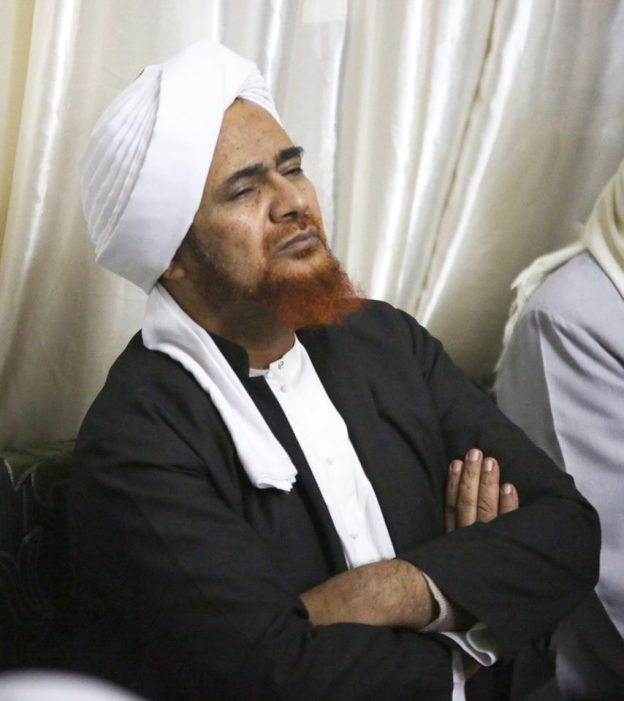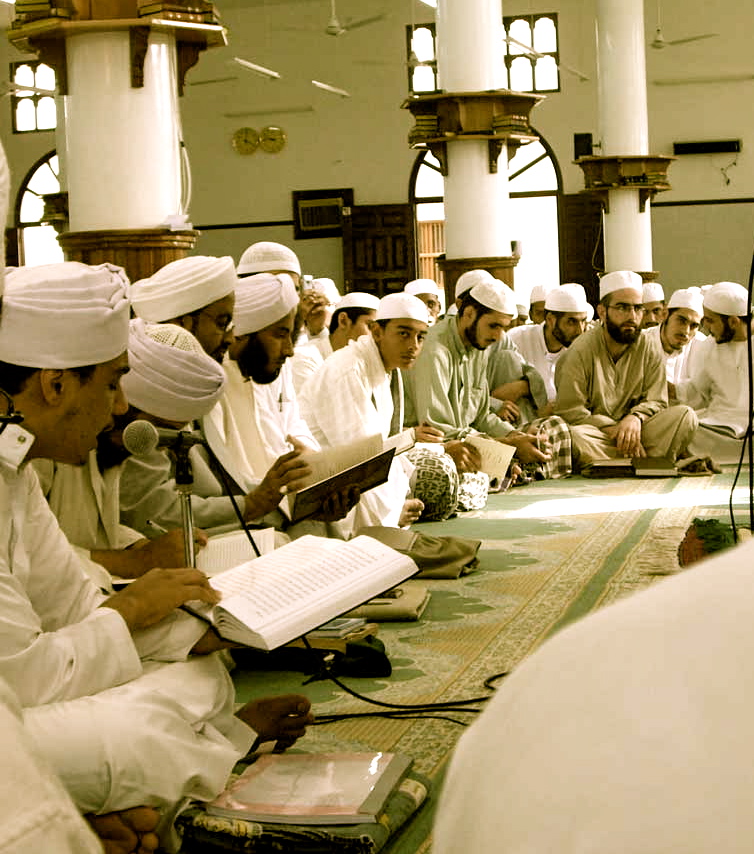Answered by Sayyidi Habib Umar bin Hafiz (may Allah protect him and benefit us by him)
What do I do if I do not have enough time to recite the Qur’an, read my adhkar and perform other acts of worship?
The general rule is that you try to combine all these acts of worship and have a specific time for everything. However, if there is not enough time for everything, precedence should be given to reciting the Qur’an, as this is one of the greatest adkhar. But bear in mind that one of the Qur’an’s injunctions is to engage in dhikr. Engaging in dhikr is thus acting upon the Qur’an. You should not allow the Devil to trick you into completely leaving the adhkar because he may then trick you into leaving the Qur’an too.










